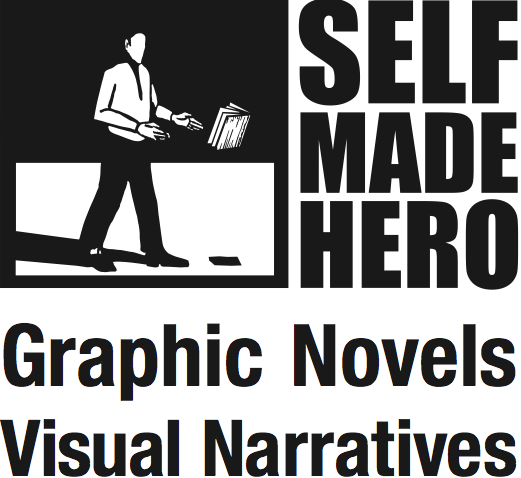Jean-Marc Rochette: How I Drew Altitude
22 April 2020
Award winning creator Jean-Marc Rochette (Snowpiercer) discusses his latest release, Altitude; an autobiographical account of his early years as a mountain climber on the French Alps.
Why did you decide to make Altitude? Why the need to tell this part of your life?
Why did you decide to make Altitude? Why the need to tell this part of your life?
I’d had this idea for a few years, I’d told episodes from my youth to my editor Christine Cam, and it was she who encouraged me to do this project. Then I discussed it with a co-scriptwriter who I’d worked with on the last volume of Transperceneige (Snowpiercer). I asked him if he’d be interested in helping me with my biography; I wanted an approach that would add some distance to my story and perhaps soften certain aspects. I invited him to my house, and we started writing.
Although I was a little sceptical at first, I quickly realised that the book would work. So I told my editor that I was going to write my autobiography, and that I was ready to sign the contract. Why tell my story? I thought it was a fairly universal tale that the mountaineering community would be into, and perhaps a slightly larger audience. Finally, it was to pay tribute to missing friends, and to perpetuate a state of mind found in the mountains in the 1970s, characterised by a sense of tragedy and carefreeness.
Although I was a little sceptical at first, I quickly realised that the book would work. So I told my editor that I was going to write my autobiography, and that I was ready to sign the contract. Why tell my story? I thought it was a fairly universal tale that the mountaineering community would be into, and perhaps a slightly larger audience. Finally, it was to pay tribute to missing friends, and to perpetuate a state of mind found in the mountains in the 1970s, characterised by a sense of tragedy and carefreeness.
How long did it take you to produce the book, what kind of routine did you follow?
The writing and storyboarding lasted roughly two months. Drawing and colouring the book took, I think, a year and a half. When I work alone, I write the outline of the story, then I write the dialogue and the narration, and I do the storyboarding at the same time – for me, the text and the drawings are inseparable.
When the book is fully storyboarded, I start to produce the finished pages, which is the longest and most needy part. In fact, I have a lot of routines for my work, and the most surprising discoveries can arise from this system.
When the book is fully storyboarded, I start to produce the finished pages, which is the longest and most needy part. In fact, I have a lot of routines for my work, and the most surprising discoveries can arise from this system.
Did you revisit some of the places presented in the book, or is it all from memory?
I redid some routes: the Coolidge, the Rateau, the Dibona, the Meije, etc. Others I did from memory, although it’s not that impressive a feat, as I live in the valley where much of the story takes place, so I had the mountains and paths in front of me.
What do the disciplines of drawing and climbing bring to your life - are there any similarities, or are they completely separate?
Drawing and climbing have completely shaped my existence. In both cases, risk-taking, beauty and freedom are based on profound know-how – but for mountaineering, it’s vital!
There are some exhilarating moments in Altitude, as well as very graphic scenes – what event(s) in the book stood out the most, and did you encounter any difficult or complex episodes that you struggled to put on the page?
There were a lot of moments in the book that affected me – almost all of them, in fact – but if I had to choose two, it would be the episode with my grandmother, and the accident with Bruno Chardin on the Long Glacier at Ailefroide. These were the two moments that were the most difficult to draw: the accident was complex to render on the page, a very “technical” staging, while in the scene with my grandmother, she was very strong emotionally – how to convey that? It wasn’t easy.
Being a climber, and having lived through some great adventures, what do you think of Alexander Honnold, and films like Free Solo – are they a source of inspiration, or simply a little too insane?
What Honnold did was a pure masterpiece, one of those moments that changed the discipline. In my day, a friend, Patrick Cordier, climbed El Capitan solo with ropes, and it took three days, I think. But Honnold did it full solo in 3 hrs 30 mins. It’s just unimaginable. I have a lot of admiration for him, but I really hope from the bottom of my heart that this sort of thing will stop in time – no single mountain is worth a man’s life.
Altitude by Jean-Marc Rochette and Olivier Bocquet is available now.
Altitude by Jean-Marc Rochette and Olivier Bocquet is available now.
Tags:



